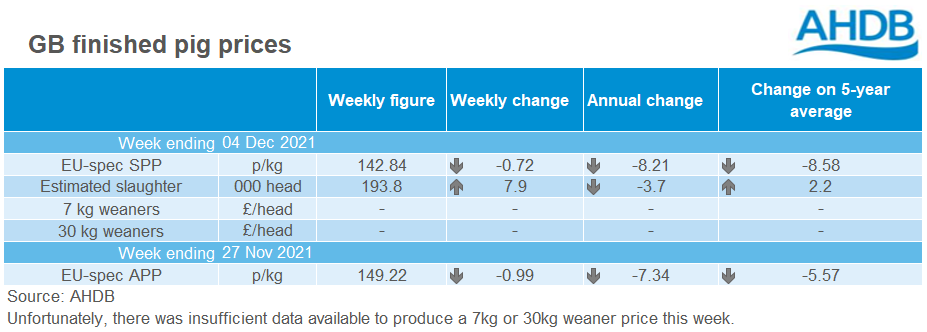AHDB to stop funding ‘financially established and self-sustaining’ Red Tractor
AHDB has said it will no longer provide its annual funding into Red Tractor as it was now a ‘financially established and self-sustaining’ body’.
The levy body said it agreed to put levy funding into Red Tractor following an industry consultation in 2008, which backed the development of a comprehensive food quality assurance scheme to consolidate farm audits and the development of a single label as the manifestation of trusted production standards.
It comes as levy payers raise concerns around grain imports and assurance and whether the controls in place for imported grain provide the same levels of assurance.
This decision has taken effect from this financial year however Red Tractor has been informed future funding could be provided if specific projects were identified that would be to the benefit of levy payers.
AHDB chair Nicholas Saphir said: “It remains AHDB’s clear position that farm assurance is necessary and important to farming success, as a consumer benchmark, or ‘kite mark’, denoting safety, quality and provenance and/or in helping farmers achieve premium prices where food is produced to particular standards which customers and consumers attach additional value.
“Red Tractor is now well established and it no longer requires AHDB’s basic annual financial support,” he said.
By Alex Black / Farmers Guardian
